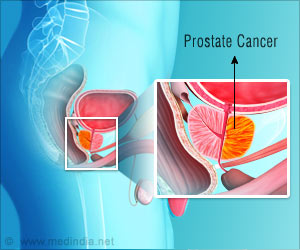Criminal sanctions are necessary to deter growing research misconduct, believes Dr Zulfiqar Bhutta.

Dr Bhutta says the consequences of research fraud on human health can be "huge" and that the damage to global vaccination coverage by Andrew Wakefield "has been incalculable". Wakefield, however, lives a free man, "raking in money from various support groups." Criminal proceedings after serious research fraud are rare with such practice being dealt with by institutions, he adds.
Although many think this is fair, given that it is hard to differentiate between fraud and incompetence, errors and misunderstanding, he argues that that "deliberate fraud is often prevalent." Plus, investigations are often expensive, costing between $116,160 and $2,192,620 per case.
Current measures are not enough, he says. "Although many perpetrators of research fraud never return to academic life; others may claw their way back to active research."
Bhutta concludes that although the costs of fraud are not known, "human, social and economic costs are likely considerable" and that "additional deterrence through punitive measures such as criminal proceedings should be added to the repertoire of measures available."
He concludes that because consequences can be huge, "it is time to regard such behaviour in the same category as criminal fraud and deal with it accordingly."
Crane says the former editor of The BMJ Richard Smith recently defined research misconduct as "the gentlemanly phrase for scientific fraud" and asks who "would not have fallen foul of this definition, so are we all fraudsters?"
Crane appreciates that research misconduct does cause harm, but asks "would inviting the police to investigate more satisfactorily uncover misconduct or prevent harm?"
He believes that it lies with research organisations to reduce opportunities for misconduct and investigate appropriately. He concludes that criminalising research misconduct "is a sad, bad, even mad idea that will only undermine the trust that is an essential component of research and requires good governance not criminal investigators."
Source-Eurekalert
 MEDINDIA
MEDINDIA




 Email
Email




